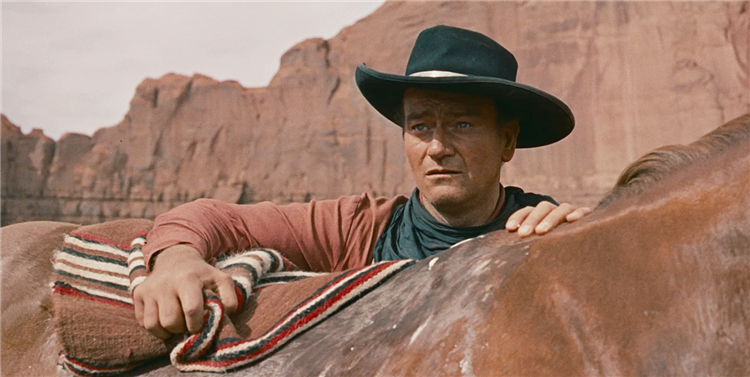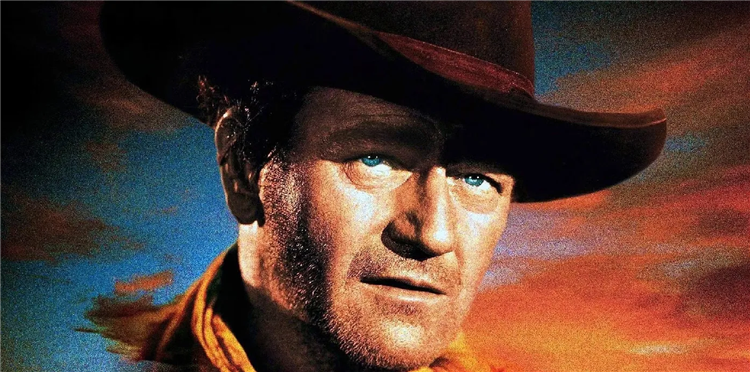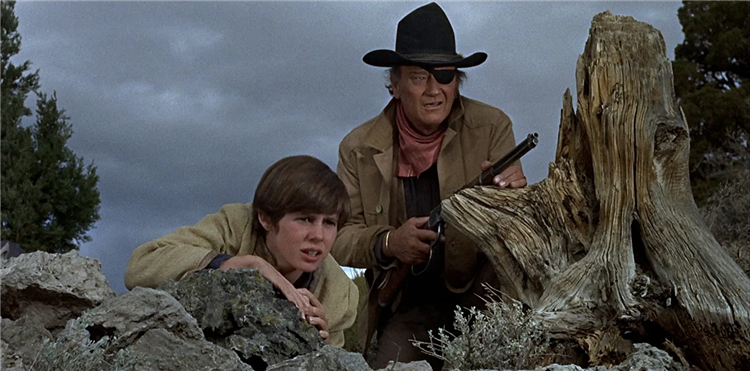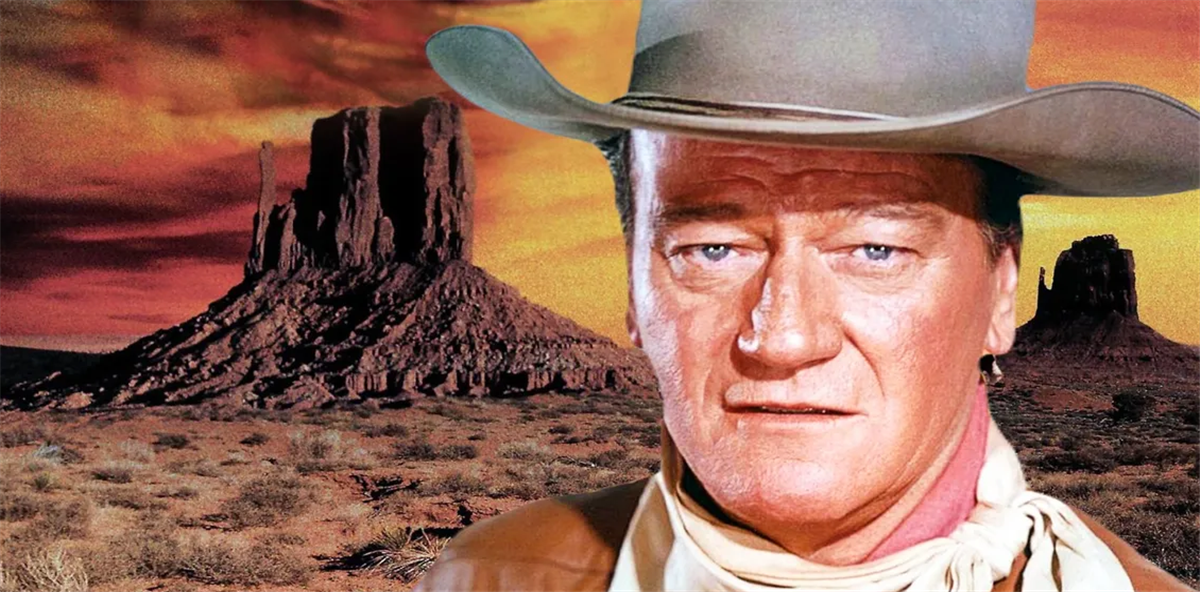John Wayne made over 80 Western movies in a career that spanned 5 decades. These 30 seconds deliver one of The Duke’s best performances.
- John Wayne’s best 30 seconds in film can be found in The Searchers, where he showcases his true acting talent and range of emoti ons.
- The scene in which Wayne’s character reveals the atrocities he witnessed is a powerful display of soul and complexity, proving his skills as an actor.
- The Searchers paved the way for Wayne’s Oscar-winning performance in True Grit, where he further expanded on the nuanced portrayal seen in his earlier film.
John Wayne made more than 180 films, yet these 30 seconds are the very best in The Duke’s 80 Western movies. John Wayne has become synonymous with the Western genre and the archetype of a traditional cowboy as far as the American consciousness is concerned. He wasn’t considered a very good actor as much as he was recognized for having an undeniable screen presence. Tall, broad-shouldered, and stoic, he often portrayed quiet, principled men who could hold their own in a fight or surly lawmen who kept the peace in wild frontier towns.
Whether he was defending the Alamo, or firing his six-shooters from a galloping horse, all The Duke’s characters embodied a specific template of masculinity and bravado from the ’30s until the ’50s. From the ’50s to the ’70s, his box office star was fading somewhat, and the sorts of roles he played varied from military men traipsing through the jungles of Vietnam to marshals being considered past their prime. In fact, he wouldn’t receive an Oscar until 10 years before his death in 1969, but of all John Wayne’s best movies, 30 seconds from The Searchers indicated he should have been recognized decades earlier.
Why Lucy’s Death Scene In The Searchers Is John Wayne’s Best 30 Seconds

John Wayne and John Ford movies were numerous over their lifetimes, but one of their greatest collaborations was The Searchers in 1956, in which The Duke plays Ethan Edwards, a Civil War hero whose family gets kidnapped by Comanches. He rides deep into tribal territory to get them back and comes across one of his nieces, Lucy, brutally murdered and sexually violated in a canyon not far from the Comanche camp. He doesn’t tell anyone at first until her fiancé, who thinks he’s found her tied up (really a buck wearing her dress), tries to ride in and save her.
The exchange between the two men begins with Wayne adopting his usual stern equipoise, but as Lucy’s fiancé presses the issue, Ethan is forced to reveal the atrocities that he saw. “What you saw wasn’t Luc,” he states calmly, until eventually, as the man presses him for more information, his voice cracks, and he begins to scream, “Whadya want me to do, spell it out? Paint you a picture?!”
Lucy’s Death Scene In The Searchers Proves John Wayne’s Skill As An Actor

Not only is Ethan Edward’s speech to Brad full of soul and complexity, but it also proves John Wayne’s skills as an actor. The character goes from a squinting, strong, and intimidating protagonist like the ones he played so often in previous Western films to being a wounded, terrified, and broken man. By not forcing himself to maintain the archetype of his glory days, John Wayne ends up showcasing a range and depth of character that imbues the scene with surprising emotion.
The Searchers is a very dark film that plays out almost more like a film noir than a Western. As Ethan presses on deeper into Comanche land to find his other niece, Debbie (Natalie Wood), he becomes even more tormented by the horrors that he’s had to experience. Wayne manages to communicate the complications of a veteran’s eroding mental health as he’s forced to confront the sort of violence he thought he left behind, until he’s so ravaged by what he’s seen that he almost can’t distinguish Debbie from the Comanche who’ve taken her.
The Searches Paved The Way For John Wayne’s Oscar In True Grit

In Henry Hathaway’s 1969 Western True Grit, John Wayne plays an old outlaw turned drunken marshal named Rooster Cogburn who’s agreed to help Mattie Ross (Kim Darby) avenge the death of her father. For most of the film, Cogburn’s alcoholism and general ineffectiveness are played for laughs and belie his skillful horsemanship and marksmanship. It’s as though a great joke is being played on one of America’s greatest Western stars, until a thoughtful exchange between him and Mattie during a stakeout scene, in which he recounts his failed marriage and poor relationship with his son, changes everything.
In Henry Hathaway’s 1969 Western True Grit, John Wayne plays an old outlaw turned drunken marshal named Rooster Cogburn who’s agreed to help Mattie Ross (Kim Darby) avenge the death of her father. For most of the film, Cogburn’s alcoholism and general ineffectiveness are played for laughs and belie his skillful horsemanship and marksmanship. It’s as though a great joke is being played on one of America’s greatest Western stars, until a thoughtful exchange between him and Mattie during a stakeout scene, in which he recounts his failed marriage and poor relationship with his son, changes everything.
